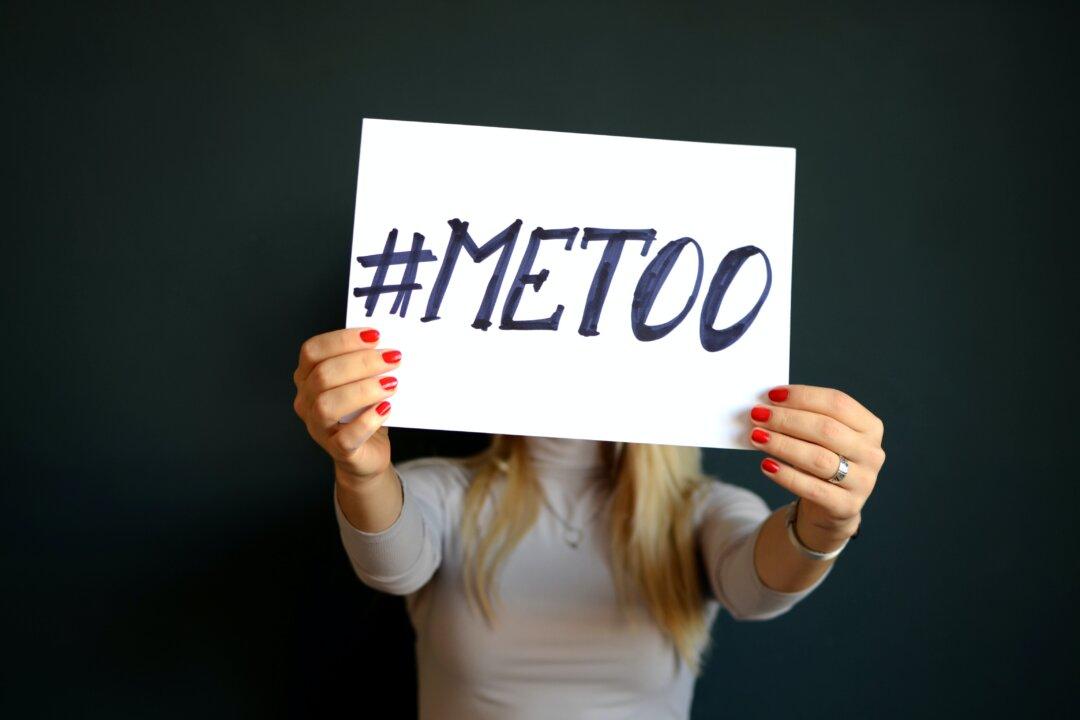Commentary
Anyone can be the target of an accusation or a lawsuit, whether deserved or not. Your wallet and your reputation are at risk. The danger is gravest in New York, where state lawmakers have turned their backs on the rights of the accused.

Anyone can be the target of an accusation or a lawsuit, whether deserved or not. Your wallet and your reputation are at risk. The danger is gravest in New York, where state lawmakers have turned their backs on the rights of the accused.